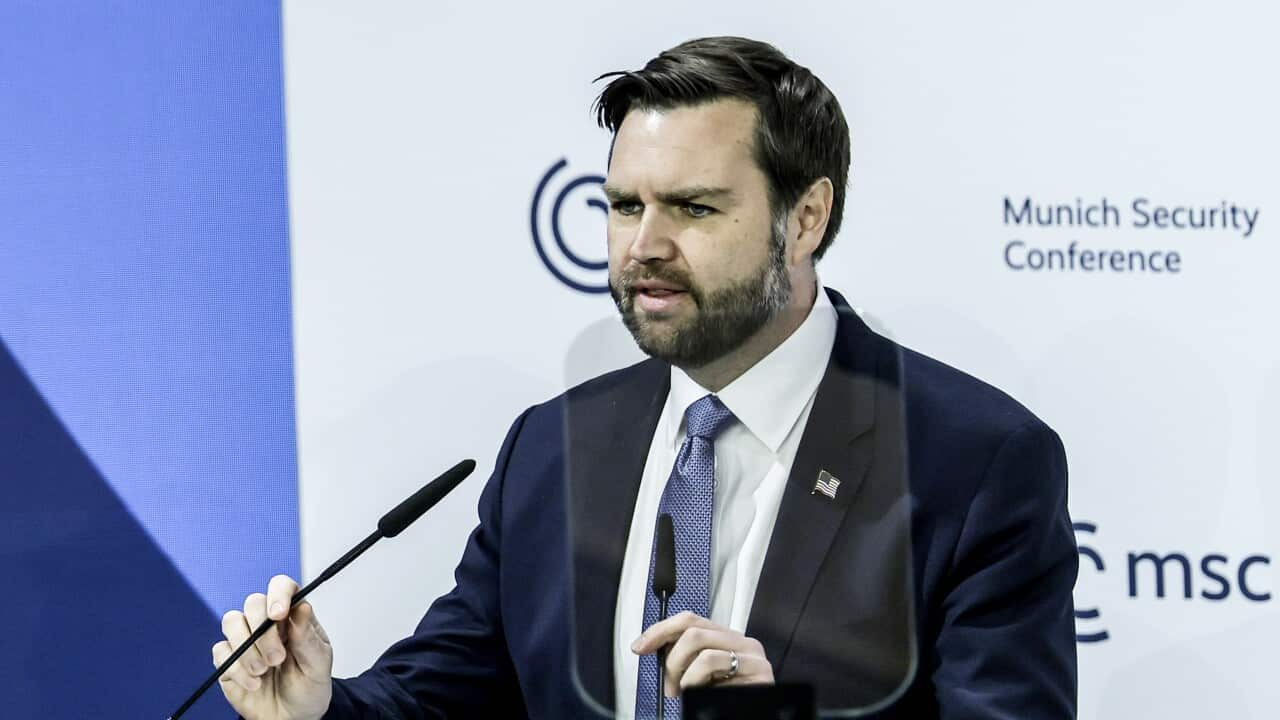United States Vice President JD Vance has accused European leaders of censoring free speech and failing to control immigration, drawing a sharp rebuke from Germany’s defence minister and overshadowing discussions on the war in Ukraine.
The prospect of peace talks had been expected to dominate the annual Munich Security Conference on Friday local time after a call between US President Donald Trump and Russian leader Vladimir Putin this week, but Vance barely mentioned Russia or Ukraine in his speech to the gathering.
He said the threat to Europe that worried him most was not Russia or China but what he called a retreat from fundamental values of protecting free speech — as well as immigration, which he said was “out of control” in Europe.
‘Unacceptable’
German Defence Minister Boris Pistorius hit back in his speech to the conference later in the day, calling Vance’s remarks “unacceptable”.
He said Vance had called into question democracy not only in Germany but in Europe as a whole.
The clash underlined the divergent worldviews of Trump’s new administration and European leaders, making it hard for longtime allies the US and Europe to find common ground on issues including Ukraine.
Many conference delegates watched Vance’s speech in stunned silence. There was little applause as he delivered his remarks.
Trump’s call with Putin alarmed European governments, which have tried to isolate the Russian president since Moscow’s 2022 full-scale invasion of Ukraine and fear they could be cut out of peace talks that would have repercussions for their own security.
Ukraine-US talks end without agreement on minerals deal
Talks between Zelenskyy and Vance ended in Munich on Friday without an announcement of a critical minerals deal that is central to Kyiv’s push to win the backing of Trump.
Kyiv came back to the US earlier with a revised draft agreement of the deal that could open up its vast resources of key minerals to US investment, amid concerns in Kyiv over a US version that was presented to Ukraine on Wednesday.
“Our teams will continue to work on the document,” Zelenskyy wrote on X, adding that he had had a “good meeting” with Vance and that Kyiv was “ready to move towards as quickly as possible towards a real and guaranteed peace”.
Two members of the Ukrainian delegation told Reuters that “some details” still needed to be worked out.
